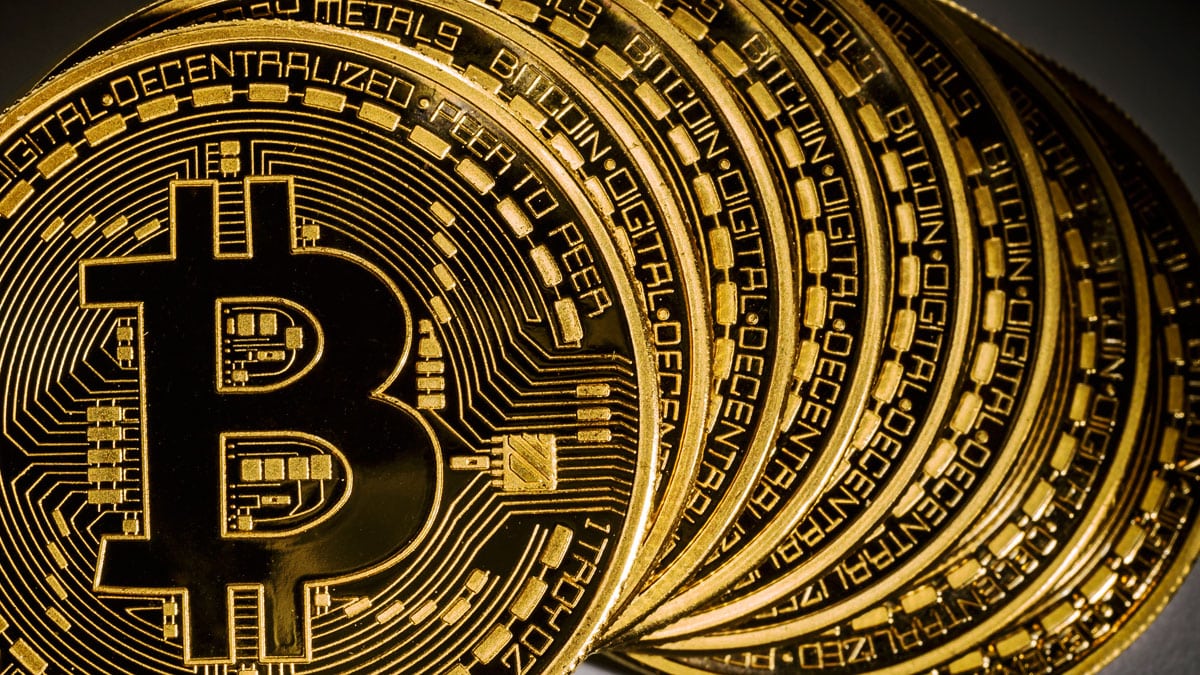In 2013, a cryptocurrency enthusiast drove off the lot of a luxury car dealership in Costa Mesa, CA in a Tesla Model S paid for in bitcoin—just under 92 bitcoins, to be precise, worth over $100,000 at the time. Compare that to the first-ever known purchase of goods for bitcoin, a pizza delivery that cost 10,000 bitcoins, and it’s easy to see an emerging narrative about the value and utility of bitcoin.
Despite skeptics and setbacks, the value of bitcoin continues to rise, and every day more and more people come around to learning about how cryptocurrencies work, recognizing that they aren’t just some shady underworld scrip. However, spending bitcoin continues to be a considerably greater challenge than hoarding it.
The Challenges to Bitcoin Transactions
Some countries are banning the use of bitcoin as payment outright, and even where it’s legal, there are logistical hurdles. While there are tech-savvy companies that have implemented bitcoin payment options for their customers to make use of, accepting bitcoin as payment for groceries, gasoline, dinner, or a cup of coffee still isn’t feasible for many business owners.
That story about the Tesla Model 5? It makes for good bitcoin PR but there’s a little caveat. The dealership didn’t accept the bitcoin payment directly; a payment processing company exchanged it for dollars first. Similarly, Starbucks has begun accepting bitcoin, but only in partnership with a third-party app that handles the conversion. Point-of-sale transactions continue to be a stumbling block for many bitcoin users.
Why is this? On the consumer end, there’s a pretty strong incentive not to spend bitcoins, and therefore no critical mass of pressure to get ordinary businesses to find ways to take them.
That first bitcoin pizza delivery perfectly explains why: Those 10,000 bitcoins would be worth millions today. With bitcoin value continuing to grow exponentially, it’s hard to justify spending bitcoin on a round of beers or a night at the movies when they could be worth ten times their current value the following year. It just makes more sense to hold on to them as an investment.
Conversion remains a significant obstacle on the vendor side of things. Bitcoin is not fiat currency, and presently only has monetary value if it can be converted to its cash equivalent. Few merchants are bitcoin investors themselves, willing to exchange cryptocurrency for cryptocurrency. They’re looking for payment in dollars or whatever the local currency is, so any exchange of goods for bitcoin also necessarily involves an exchange at sometimes volatile rates.
Implementing this at the point of sale can be difficult. While large companies like Starbucks may be willing to partner with other companies to facilitate the exchange, there’s not yet a compelling reason for smaller companies to do it unless their owners have a personal interest in promoting the use of bitcoin.
Legal Obstacles on the Blockchain
As for the other big obstacle some bitcoin holders face when it comes to spending their cryptocurrency, this one may be insurmountable for the time being. Some countries are prohibiting bitcoin transactions, citing its untraceable nature and its reputation as the currency of choice for criminal activities like terrorism or the drug trade as the main reasons why.
Vietnam is one of the most recent countries to outlaw bitcoin transactions. Its state bank declared bitcoin and other cryptocurrencies an illegal form of payment, with violators subject to heavy fines.
This ruling follows China’s recent clampdown on bitcoin trading and exchange sites and its prohibition of Initial Coin Offerings – a new method of raising capital where businesses offer cryptocurrency instead of shares.
Bangladesh, Bolivia, Ecuador and Kyrgyzstan have banned the use of bitcoin as well. In the United States, the Securities and Exchange Commission is debating whether to introduce new regulations for cryptocurrency markets, and many powerful players in the financial industry have publicly expressed a dim view of bitcoin, likening it to yet another economic bubble that will eventually burst.
It’s impossible to say for certain what the future holds for bitcoin. For now, cryptocurrencies don’t seem to be going anywhere. As long as there are people mining the blockchain for new coins, there will be opportunities for forward-thinking businesses to expand their revenue streams by offering bitcoin traders useful and convenient ways to spend their virtual currency.
Laws and regulations may make bitcoin-funded transactions difficult in some countries. But the more companies embrace bitcoin as a valid payment method, the easier it will be for governments to accept cryptocurrency as something other than a way to circumvent banks and fund illegal activities. For now, bitcoin is going through growing pains, so it may be a while before its usefulness as a payment method matches its value as an investment vehicle.
Suresh Dakshina is President of Chargeback Gurus

